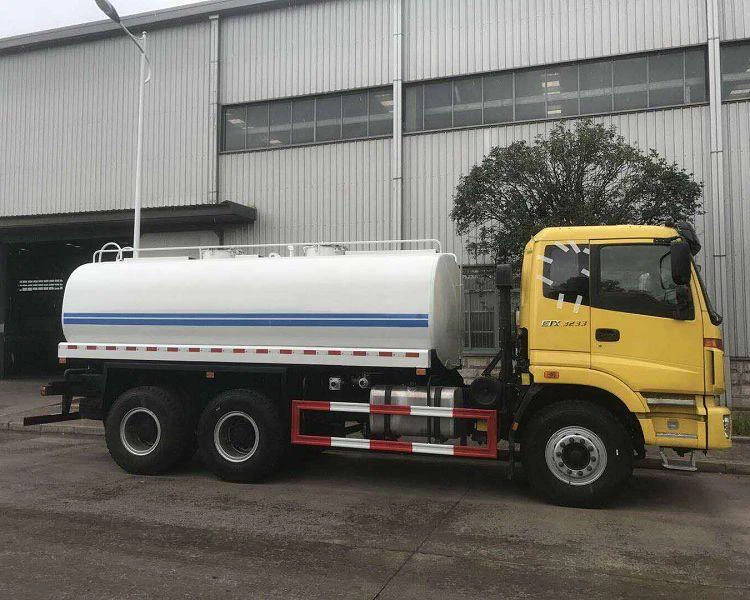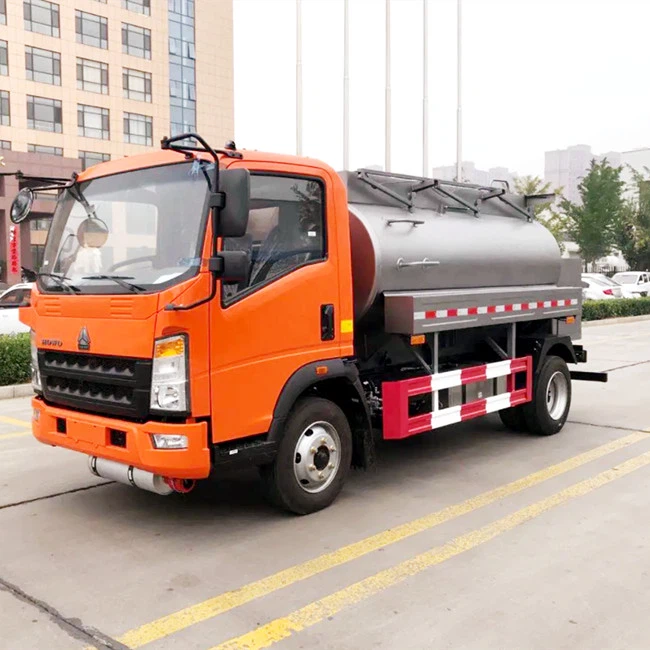Understanding Trash Truck Trailers: A Comprehensive Guide

Trash truck trailers play a critical role in waste management and are integral in transporting refuse efficiently. This article will provide an in-depth look at the various aspects of trash truck trailers, from their designs and types to maintenance tips and the challenges they face in the industry.
What is a Trash Truck Trailer?
A trash truck trailer is a specialized vehicle used for transporting waste and recycling materials. These trailers are designed to be towed by a compatible truck and are essential for operation in waste collection industries.
Components of a Trash Truck Trailer
Generally, a trash truck trailer consists of several key components, including:
- Chassis: The frame that supports the trailer and houses the axles.
- Body: The container area where waste is loaded.
- Tipping Mechanism: For unloading contents easily.
- Wheels and Axles: Responsible for mobility and carrying the weight of the load.
- Hitch: Connects the trailer to the towing vehicle.
Common Materials Used in Construction
| Material | Benefits |
|---|---|
| Steel | Durable, robust, and well-suited for heavy loads. |
| Aluminum | Lightweight, resistant to corrosion, and improves fuel efficiency. |
| Composite Materials | Flexible designs, lightweight and often more cost-effective. |
Types of Trash Truck Trailers
Different types of trash truck trailers suit various waste management needs. Below are some commonly used types:
1. Dump Trailers
Dump trailers are designed to unload the waste they carry by tipping the trailer at an angle. This functionality makes them ideal for construction debris and bulky waste.
2. Compaction Trailers
Compaction trailers utilize hydraulic systems to compact waste, allowing for more efficient space use. These are particularly effective for residential waste collection.
3. Walking Floor Trailers
Walking floor trailers have floor systems that move horizontally to transport waste to the back of the trailer for unloading. They are versatile and can handle various materials.
4. Open-Top Trailers
Open-top trailers are designed without a top covering, allowing for easy loading of large and oversized items. They are often used for yard waste and construction sites.
5. Side-Loading Trailers
Side-loading trailers have mechanisms that allow for waste to be loaded from the side. These are useful in crowded urban environments where rear access is limited.
How Trash Truck Trailers Work
Understanding the functionality of trash truck trailers is essential for waste management professionals. Here’s a look into how they operate:
Loading Mechanism
Loading can occur through different means—manual loading, automatic systems, or through compactors. The choice of loading mechanism depends on the trailer type and the materials being collected.
Transporting the Load
Once loaded, the trash truck trailer is towed by a truck to the disposal or recycling facility. Proper weight distribution is crucial for safe transport.
Unloading Process
The unloading process varies by trailer type. Dump trailers simply tip their load, while walking floor trailers move contents out using their unique flooring system.
Maintenance Tips for Trash Truck Trailers
To ensure the longevity and efficient functioning of trash truck trailers, regular maintenance is essential. Here are several tips:

Regular Inspections
Conduct routine inspections to identify wear and tear. Focus on the tires, brakes, and hydraulic systems, which should be checked monthly.
Cleaning Procedures
Build-up of waste materials can lead to corrosion and odor issues. Clean trailers regularly using high-pressure washing systems to maintain hygiene.
Tire Maintenance
Check tire pressure and tread regularly. Proper inflation helps prevent blowouts, especially when under heavy loads.
Lubrication
Lubricate moving parts, such as hinges and axles, to avoid wear and ensure smooth operation.
Challenges Faced by Trash Truck Trailers
While trash truck trailers are crucial in waste management, they also encounter multiple challenges:
Regulatory Compliance
Operators must adhere to various regulations regarding waste transport and environmental protection. Non-compliance can lead to heavy fines.
Safety Issues
Accidents are a significant risk due to the heavy loads and permitting of hazardous materials. Operators must prioritize training and safety protocols.
Environmental Concerns
Improper waste disposal can lead to environmental damage. Companies must continuously strive for eco-friendly practices.
Economic Factors
The costs associated with maintenance and fuel can be high. Efficient routing and optimizations can mitigate these expenses.
Practical Applications of Trash Truck Trailers
Trash truck trailers see diverse applications within various sectors:
Municipal Waste Collection
Cities utilize trash truck trailers for collecting household refuse and recycling, ensuring timely disposal to maintain community cleanliness.
Construction Sites
Construction companies rely on trash truck trailers to manage debris and waste efficiently, minimizing site clutter.
Event Waste Management
Trailers are also employed during events to handle increased waste volumes, ensuring proper disposal and recycling.
Future Trends in Trash Truck Trailers
The waste management industry is evolving, and so are trash truck trailers:
Innovation in Materials
New materials are being explored for lighter and more durable trailers, promoting better fuel efficiency.
Smart Technology Integration
Telematics and tracking systems allow for real-time monitoring of waste levels and routing efficiencies.

Eco-Friendly Designs
There is a growing emphasis on designing trailers that minimize environmental impact, including those powered by alternative fuels.
FAQ
1. What is the average capacity of a trash truck trailer?
The average capacity can range from 10 to 30 cubic yards, depending on the type of trailer used.

2. How often should trash truck trailers be serviced?
It is recommended to service trash truck trailers at least every six months, with regular inspections monthly.
3. What types of waste can trash truck trailers transport?
They can transport municipal solid waste, recyclable materials, construction debris, and yard waste.
4. Are there specialized trailers for hazardous waste?
Yes, there are specially designed trailers for transporting hazardous materials, ensuring compliance with safety regulations.
5. How can I improve the efficiency of my trash truck trailer operations?
Implementing route optimization software, regular maintenance checks, and driver training programs can enhance operational efficiency.
6. What is the lifespan of a typical trash truck trailer?
A well-maintained trash truck trailer can last between 10 to 20 years, depending on usage and care.
